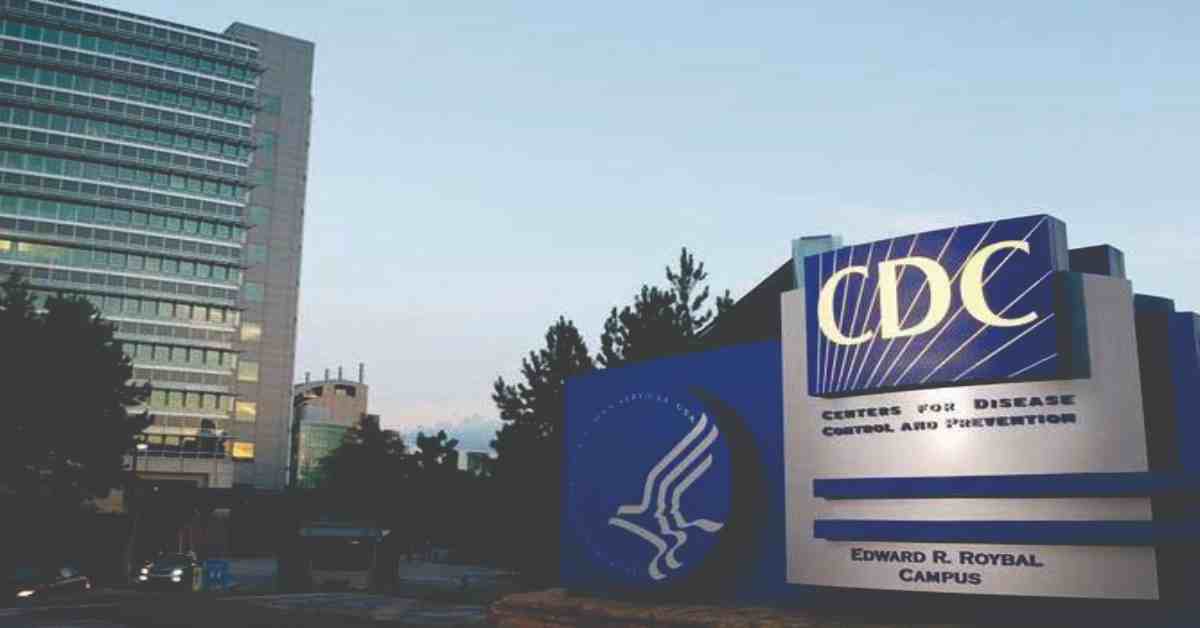US Health Agencies Remove HIV, Other Data Amid Gender Policy Changes
"This is deeply troubling," said John Peller, CEO of the AIDS Foundation Chicago. "Basic health resources are disappearing, potentially putting lives at risk."

The US Centers for Disease Control and Prevention (CDC) and other federal health agencies have taken down webpages containing HIV statistics and other public health data in response to new Trump administration policies on gender identity and diversity.
This move has raised concerns among medical professionals and advocacy groups.
The removed CDC webpages included statistics on HIV rates among transgender individuals and health disparities affecting LGBTQ+ youth.
Additionally, a database tracking behaviors linked to health risks in young people was taken offline.
President Donald Trump recently directed federal agencies to recognize only male and female sex classifications and dismantle diversity, equity, and inclusion programs.
Following this directive, the Office of Personnel Management issued a memo on January 29, instructing agencies to eliminate content reflecting “gender ideology extremism” by January 31 at 5 PM ET (2200 GMT).
A spokesperson for the Department of Health and Human Services, which oversees the CDC, confirmed that website updates align with this guidance. An anonymous source within the agency stated that the CDC is “removing any online content that does not support the executive order.”
Among the deletions were pages providing data on HIV prevalence across different demographics, including Hispanic/Latino communities, women, and various racial and age groups.
Medical organizations, including the Infectious Diseases Society of America and the HIV Medicine Association, issued a joint statement warning that erasing such data creates “a dangerous gap in scientific information, impairing disease monitoring and response.”
The removals extended beyond HIV-related data. Internet Archive records indicate that webpages offering information on HIV testing, as well as guidance for physicians on testing and treatment, were also taken down.
“This is deeply troubling,” said John Peller, CEO of the AIDS Foundation Chicago. “Basic health resources are disappearing, potentially putting lives at risk.”
Timothy Jackson, the foundation’s senior director of policy and advocacy, stated that his team is working to print and save key HIV-related educational materials before further removals occur.
Additionally, the CDC’s Youth Risk Behavior Surveillance System—used to track trends in smoking, teen pregnancy, and unsafe sexual practices—was no longer accessible.
At the National Institutes of Health (NIH), internal resistance is mounting. In an email to acting NIH Director Matthew Memoli and senior officials, executive office director Nate Brought urged agency leaders to reject the administration’s orders.
He argued that the policy contradicts decades of NIH research on gender and sexuality.
“By following these directives, we disregard the vital contributions of transgender and intersex individuals in our workforce and society,” Brought wrote. “These policies will exacerbate mental health crises and endanger countless lives.”
The extent of future data removals remains unclear, but advocates and researchers continue to push for transparency and the protection of public health information.
